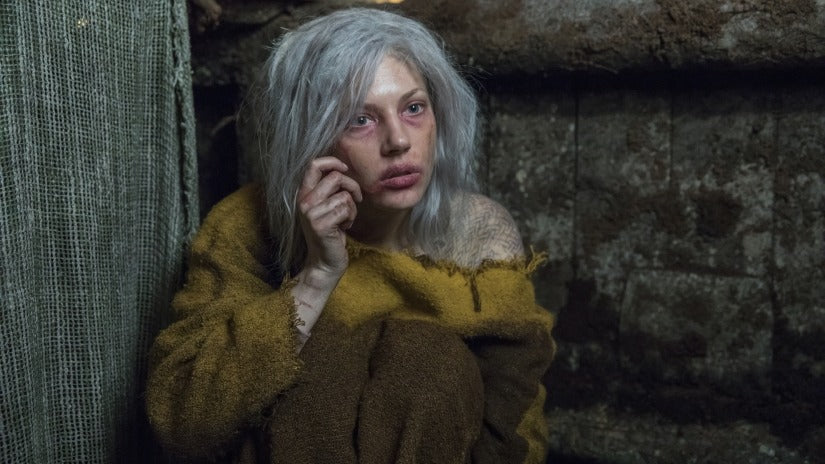Viking Outlawry: Refused by Family and Banished from Society
We know that the Vikings had their own court to make political decision and judgement to settle down the dispute. But the Viking viewpoint about the crime was different from us now.
In the Viking Age, being sentenced "outlawry" meant a terrible insult for the criminal and the family. Because being a Viking outlawry meant that person had gone against all the honourable values that the Viking society held dear. For example, if a Viking man stole something or set a house on fire in the middle of the night without letting the victim defend, he would be condemned "outlawry" for his despicable deed.

'Althing in Session' oil on canvas by W. G. Collingwood (1854–1932)
In fact, cases of execution in the Viking court were few. Instead of killing the accused, the Vikings sentenced him "outlawry". As the term indicated, the accused had done something "outside the law" and he deserved severe punishment.
For what he had done, he refused to follow the values that his clan held dear for a long period of time. He no longer got any rights in his society. All of his property would be gone for the victim's family. And anyone could kill him without receiving any punishment. The outlawry in the Viking Age was completely erased from his home society.
But what did the outlawry do to get the name?
In Iceland and probably other Norse regions, there were two major types of "outlawry": full outlawry and less outlawry. The full outlawry lost all of his basic rights in the society for what he had done. "Skóggangr" was a term for full outlawry and it meant "going to the forest".
It suggested that the full outlawry must flee in order to escape the other peers who tried to kill him. And the less outlawry would face the punishment for a certain amount of time.

For the Norse, the concepts of "law" and "society" were quite similar. To be "outside the law" meant "outside the society". The outlawry was no longer a member of the family, of the clan, and of the society. He was merely a man of the forest who had to run into the woods to escape the inhospitable peers.
But the outlawry still had a way to get rid of this title. He had to pay a vast amount of money for the authority (chieftain) to rid of being sentenced as "outlawry".




